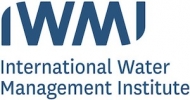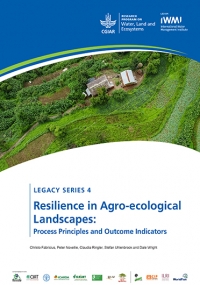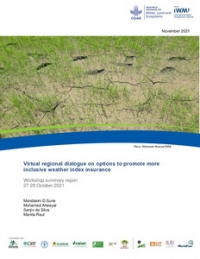Flooding causes countless billions of dollars damage each year and creates lost opportunities in terms of the enormous volumes of water that cannot be economically captured with conventional engineering-based approaches. How to simultaneously reduce or solve the flooding problems of low-lying cities and towns and enhance groundwater resources for dry season irrigation upland? The aim of this proposed project is to explore and trial a novel form of Managed Aquifer Recharge that involves the capture and store of ‘surplus’ wet season flows that are in excess of anthropogenic and environmental requirements through the establishment of distributed recharge structures in upstream areas to protect urban infrastructure downstream and enable localized productive use of the stored floodwater for water security and livelihood enhancement (referred to herein as ‘Underground Taming of Floods for Irrigation’ or UTFI). The potential benefits associated with UTFI are large if it can be technically and economically verified given the large investments in flood mitigation measures needed in the most vulnerable urban centers. The research is currently focused largely on the Ganges basin with some work in China and SEA as well at present. UTFI differs markedly from the WLE supported GAMES project which is also working in the Ganges basin on similar problems. UTFI is a supply-based augmentation approach whereas GAMES is largely demand-based. They are suited to different parts of the landscape (within a given basin) and thus cannot be colocated. Where it makes sense the two projects have and will continue to work together to provide value-adding. CCAFS funding has been awarded in 2015 to support UTFI work. This is focusing on field piloting activities in India and a scoping assessment in Bangladesh. This is differentiated from the WLE support which focuses more theoretical analysis supported by detailed stakeholder engagement. This project is also therefore also significant as a working example and test case for the WLE-Phase 2 “docking station” concept - whereby the two CRPs seek to work together and need to get the logistics right to do so.
menu





/index.jpg?itok=EzuBHOXY&c=feafd7f5ab7d60c363652d23929d0aee)









